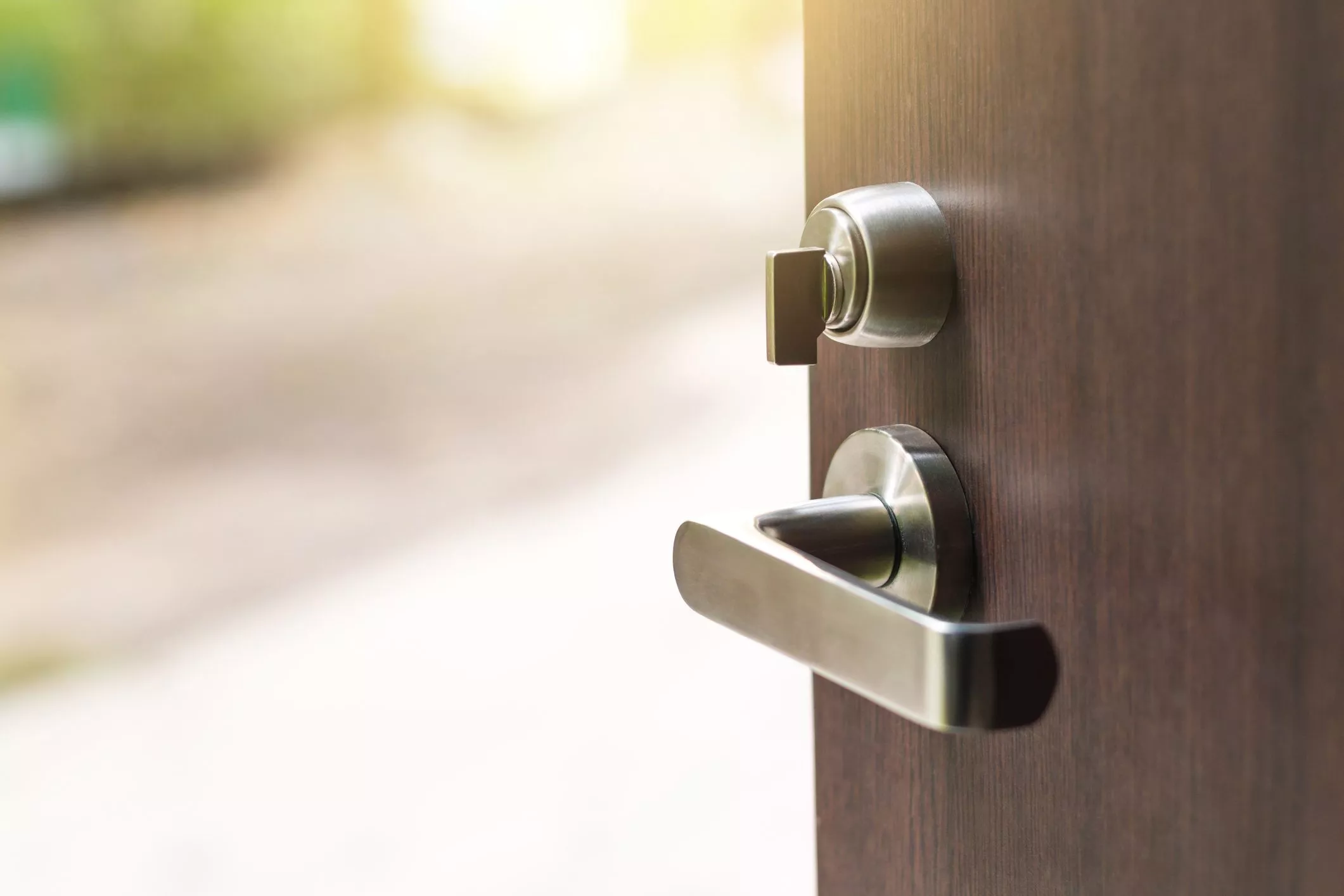The answer to who should be leaving the house during a divorce is not as clear-cut as it once was. It was generally accepted that the man would leave during a separation in the past. Many couples today share financial responsibilities. Placing the extra financial load on one partner is often seen as unfair or impossible. Some partners assume that leaving the house will affect who gets custody of the children. Another concern is who will get the house after the divorce.
Nesting may be a viable short-term solution for some couples with children. Living in the same house during a divorce may be financially feasible but impossible due to the nature of the separation. There are options if one spouse is afraid for his or her safety. Review the following to see which spouse should leave the house during a break-up.
Is leaving the house the only option?
Leaving the house is not the only option when separating or getting a divorce. Determining who has to leave the house can add to the stress of separation. Amicable couples can come up with a nesting agreement. A nesting agreement keeps children in the family home while the parents designate alternate times in the space. For example, the dad might occupy the house for a week and leave for a week to let the mom live there with the kids.
A nesting agreement provides stability for the children and can ease the financial burden on the parents. Both parents may be able to move in with a friend or family member temporarily to reduce added expenses. The custody agreement may affect a bird nesting divorce arrangement. Nesting plans are great short-term solutions for amicable couples. Conversely, nesting is not an option for couples who cannot agree on divorce living arrangements or other issues.
Living Arrangement Considerations for Separating Couples
Determining who will be leaving the house comes with several considerations for the couple. One partner may be resolute in having the other move out. One partner might contend he or she pays all of the bills, so the other should move out. Leaving the marital home advice can be contradictory. Consider the following when deciding who should leave the house during a divorce:
- Marital home: If you purchased the home together, both have a legal right to be there. A partner cannot be forced to leave the house during a divorce unless there is proof of physical or emotional abuse. Leaving the marital home, in this case, may be the safest option for the abused partner.
- Costs: Willingly leaving the house will come with two sets of rent, utilities, groceries, and more. You have to consider the financial repercussions of moving out if your spouse refuses to leave.
- Child Custody: Ask the court for a shared parenting schedule to avoid later conflicts and custody battles.
What problems can occur?
Moving out during a divorce can ignite resentment. A partner may decide he or she is going to make divorce difficult, even if they remain in the house. Get a written agreement signed by both parties, regardless of who is leaving the house. This agreement can be used as evidence in court later if anyone has breached its stipulations. A clean break is ideal but often not the case.
Review the following problems that can occur when moving out during a divorce:
- One partner defaults on financial responsibilities: A spiteful partner may stop paying his or her share of the rent or utilities. This can result in damaged credit or house foreclosure for both parties.
- One partner does all the work: Splitting assets and selling the marital home requires much work from both partners. One partner may not want to participate in these activities, making it harder for the spouse who wants a resolution.
- Extortion: One partner may extort the other and threaten to withhold custody or ruin the other’s credit. The uncompromising partner may agree to leaving the house only after he or she is paid an exorbitant amount of money.
- Inequity: A partner who earns more money may be ordered to maintain two households. It can cause irreparable financial damage even if it is a short-term situation. It can seem unfair to leave the house and have pay for both.
- Order of exclusive possession: You need an order of exclusive occupancy if you cannot live peacefully with your spouse. The court may only order the spouse out of the house for a short period if you do not get this. Your spouse may be able to return to your home as volatile as ever.
This is just one of many concerns you have to deal with if you and your spouse are contemplating a divorce. Moving out after a divorce and splitting assets and time with kids are all major considerations. Agreeing on who leaves the house in a civil manner will reduce stress and help the process go along smoothly.


 CALL US NOW
CALL US NOW










